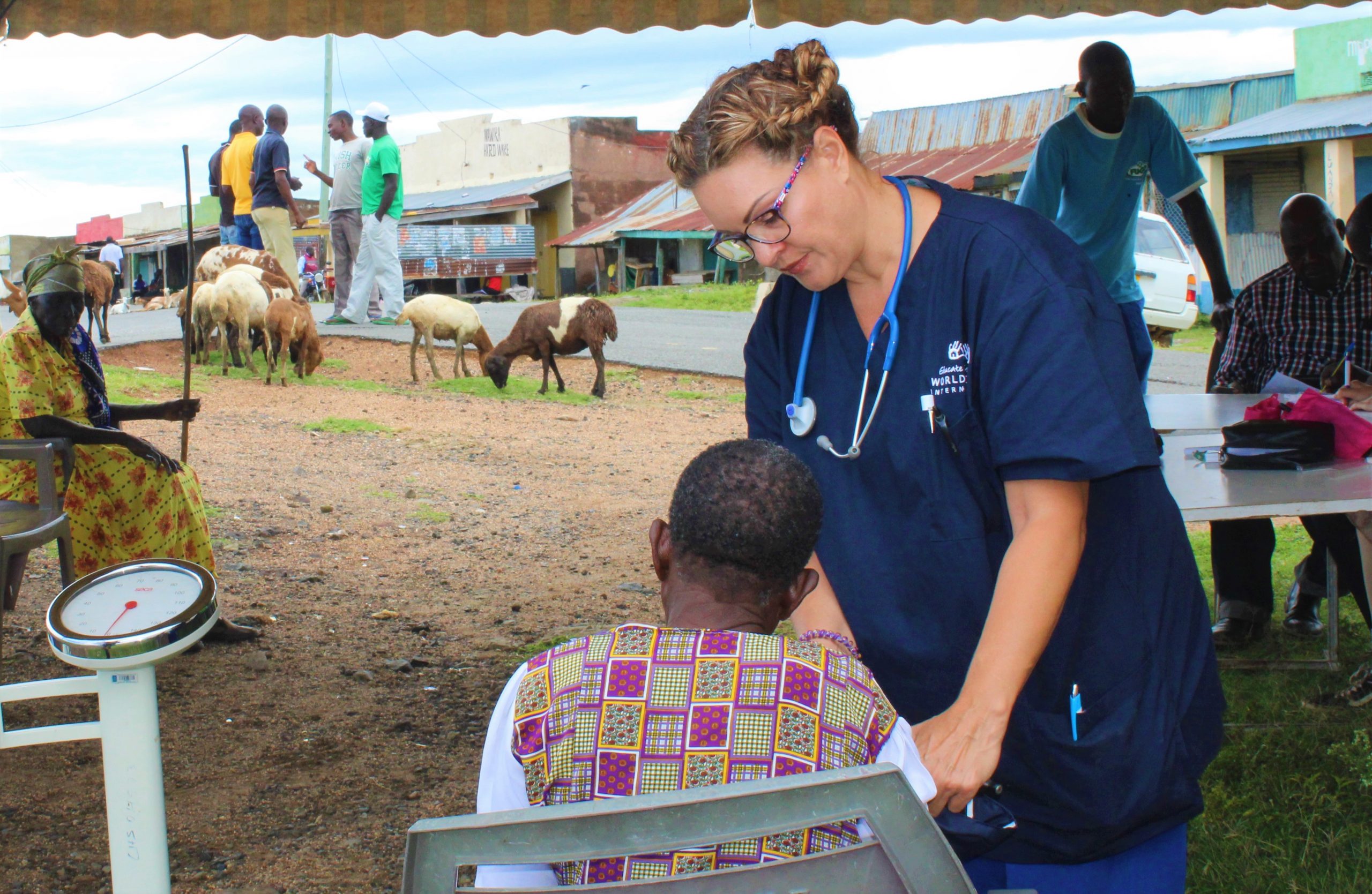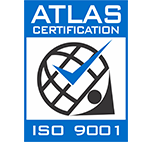
How volunteering abroad can positively impact the life (and career) of health professionals
March 16, 2020
LASA welcomes national aged care rules to protect older Australians
March 19, 2020Nursing as a Career

Doctor examining little girl with stethoscope
Nursing as a Career
A nursing career in Australia offers the opportunity to join one of the most highly regarded and trusted fraternities of working professionals in the world, and to make a real difference to the health and wellbeing of people in Australia and abroad.
The working life of a nurse generally involves:
– working closely with patients and other health professionals, so you need to be comfortable and enjoy interacting with people and working in a team
– providing practical care for people that may be vulnerable or in poor states of health, so you need to have a pragmatic outlook, you shouldn’t be too squeemish about blood and other bodily fluids, and you need to have a ‘can-do’ attitude to solving problems
– you should have an interest in health and providing healthcare to the community.
Pathways to a nursing career
The two most common pathways to qualifying as a nurse and being ready to start your nursing career are as follows:
1) To become a registered nurse, you will typically
a) complete your high school certificate (Pre-requisite year 12 subjects usually include English and one of Biology, Chemistry or Physics), then
b) complete a 3 year full time Bachelor of Nursing Degree. Entry to undergraduate nursing degree programs can be competetive, and entry may be subject to your achieving sufficiently high academic results in year 12. Some nursing degree programs also require satisfactory completion of interviews or other pre-selection tests and pre-requisites to entry. Click here to search for registered nurse approved programs of study in Australia.
c) be registered by the Australian Health Practitioner Regulation Agency (AHPRA)
2) To become an enrolled nurse, you will typically:
a) complete a diploma of nursing with an accredited course provider, which usually involves 18 months of full time study. Click here to search for enrolled nurse approved programs of study in Australia. Entry requirements for diploma of nursing programs vary from institution to institution. Typical requirements include a) completion of year 12 certificate, or a certificate III in aged care, or 2 years work experience in a closely related field; then
b) be registered as an ‘Enrolled Nurse’ by the Australian Health Practitioner Regulation Agency.
While these are the most common pathways, there are many other pathways that people may take to pursue a nursing career. We recommend that you contact the Australian Nursing and Midwifery Board to seek advice about your personal circumstances and how you may be able to pursue a career in nursing.
Click here for more information about nursing courses in Australia
What is involved in completing a nursing degree or diploma program?
Nursing courses leading to registration involve a mixture of theoretical and practical learning experiences, generally delivered in the classroom and in hospital settings. So you can expect to spend a lot of time in healthcare settings gaining practical experience in addition to traditional classroom based learning.
What is the difference between an Enrolled Nurse and a Registered Nurse
Under the provisions of the Nursing & Midwifery Board of Australia, Enrolled nurses generally work under the authority and direction of a Registered Nurse. This doesn’t mean that enrolled nurses aren’t an invaluable contributor to patient care, but there are certain tasks that Enrolled Nurses cannot do unless they are under the direct supervision of a Registered Nurse.
Medication Endorsed Enrolled Nurses (EENs) are enrolled nurses that have undertaken additional training that then allows them to administer medications.
Types of Nursing Careers
After completing your initial registration as a nurse, you can seek employment directly with hospitals or healthcare services. Many hospitals offer graduate programs which give nurses the opportunity to experience nursing work across a range of fields and specialisations. Alternatively, you may choose to start your career with a healthcare provider in a particular sector.
Nursing careers can be highly varied and diverse in the nature of work performed, the types of patients you will care for and the clinical conditions that you may be exposed to. Some of the key nursing specialty fields include:
– Theatre nursing or more broadly Perioperative Nursing. (Also visit our Perioperative Practice Hub)
– Emergency nursing (visit our Accident and Emergency practice hub)
– Critical Care nursing (visit our Critical Care practice hub)
– Mental Health nursing (also visit our Mental Health practice hub)
– Aged care nursing (also visit our Aged Care practice hub)
– Oncology nursing (also visit our Oncology practice hub)
– Practice nursing
– Paediatric nursing (visit our paediatrics hub)
– Cardiac nursing (visit our cardiology hub)
– And many more…
The widely adopted career level designations for nurses in Australia are:
– Enrolled nurse (sometimes referred to in Victoria as a Div II nurse)
– Registered nurse
– Clinical Nurse
– Clinical Nurse Specialist
– Nurse Practitioner
This article was originally published on Healthtimes.










